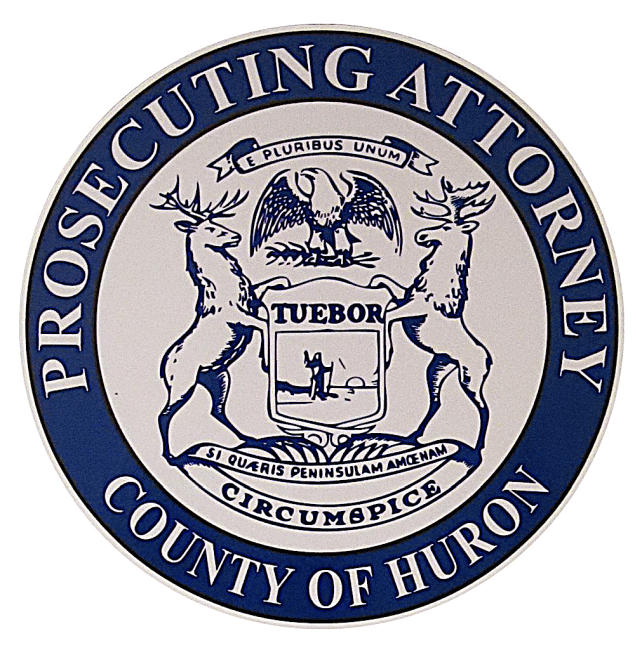
By: Ruth Schwendinger, Prevention Specialist, Huron Behavioral Health
Fact: Human trafficking is a federal crime involving the exploitation of someone for the purposes of compelled labor or commercial sex act through the use of force, fraud, or coercion, or any commercial sex act involving and individual under the age of 18.
Fact: Human trafficking does not necessarily involve transportation of an individual and is different from smuggling (transporting across international borders).
Fact: Human trafficking occurs with both males and females, and sex trafficking is more common than labor trafficking.
Victims come from all walks of life, but one frequently present risk factor is a sense of alienation. The average age of recruitment is 12 years old, but age is not a protective factor. Transient youth, those who are homeless, have a one in five chance of being recruited for commercial sex trafficking within 3 months of being homeless and young adults with little to no supervision are at elevated risk. Individuals who already feel like outsiders due to a national, gender, or LGBT identity are also at a greater risk. People with victim mentality or little to no self-reliance are easy targets for recruiters. Poverty is a risk factor, however, higher socio-economic status is not a protective factor.
Where Does it Happen?
It happens in restaurants, hotels, beauty shops, manufacturing plants, agricultural settings, as well as brothels and red-light districts. A person being trafficked may have originally agreed to participate in the labor or commercial sex act, but was coerced or remains under circumstances not previously agreed upon. Signs that someone may be a victim of human trafficking involve:
-
- Memory: less able to form or recall memories due to “fight or flight”
- Regulation: physical changes (higher pulse & blood pressure), emotional changes (anger irritability)
- Behavior: drastically different, increased risk-taking, withdrawal, angry response
- Relationships: repeat patterns of abuse, overly dependent on others in future relationships
- Self-Identity: convinced to believe they are to blame/shamed leading to increase of self-destructive behaviors
The number one reason a victim won’t tell is because no one asks. Other reasons given include:
-
- A fear of retaliation,
- Shame or guilt,
- Inability to get help due to confinement or intense oversight, and,
- Fear of societal repercussions (arrest or deportation, report to social services).
Personal barriers often involve cultural expectations of not talking about problems, or only talking to family. The stigma of being a victim of human trafficking is often worse for male victims. Some individuals involved in human trafficking may be afraid of being criminal charged, or not identify themselves as a victim of crime.
How Can You Help?
A victim-centered approach means meeting basic needs, reassuring the individual, building trust and rapport, being conscious of language, remaining sensitive to power dynamics, and avoiding re-traumatization.
You can report suspected cases to the National Human Trafficking Hotline 1-888-373-7888. There were 246 human trafficking cases reported in Michigan for 2016. The vast majority of these were adult, female, U.S. citizens, involved in sex trafficking. Other cases involved agriculture labor trafficking and traveling sales crews.




